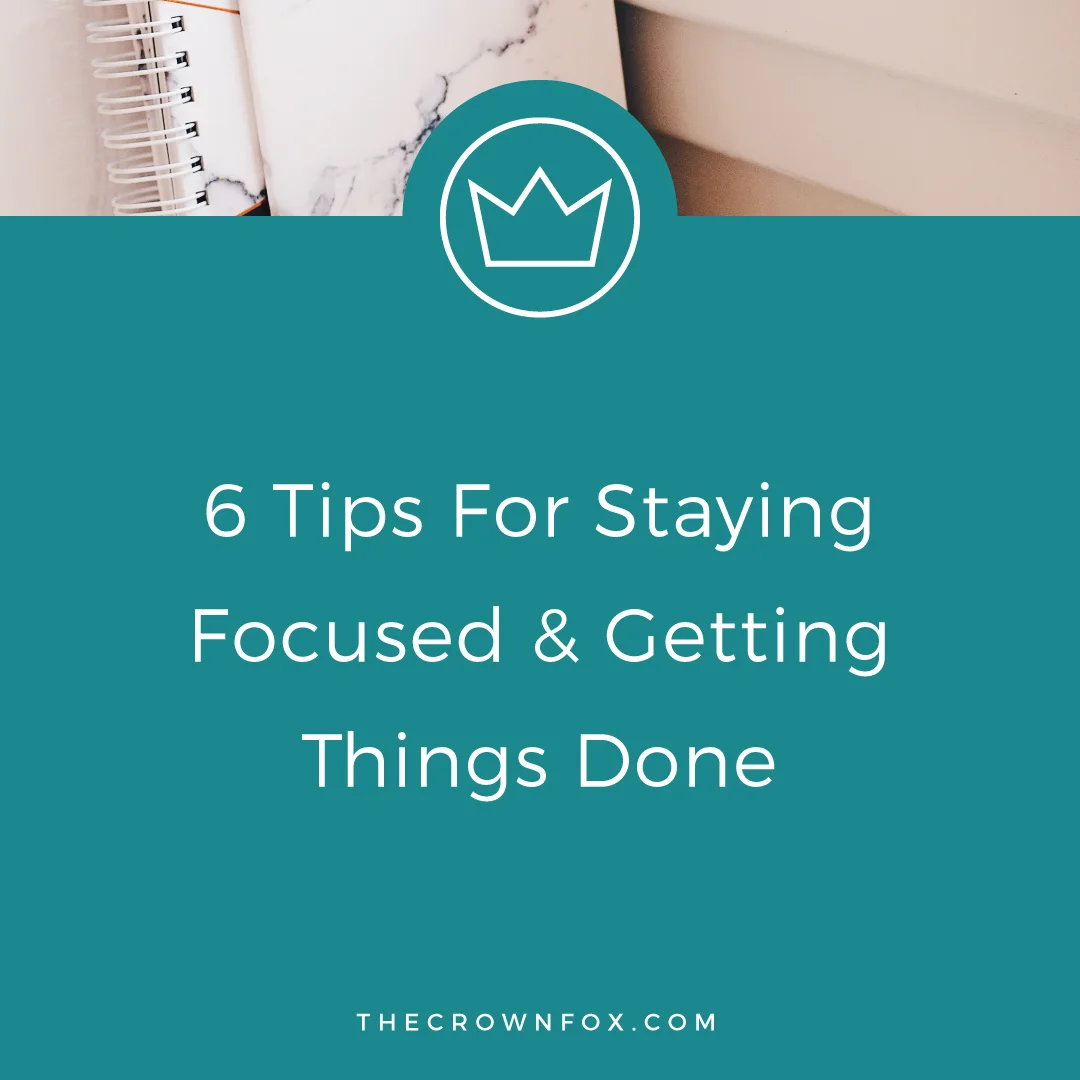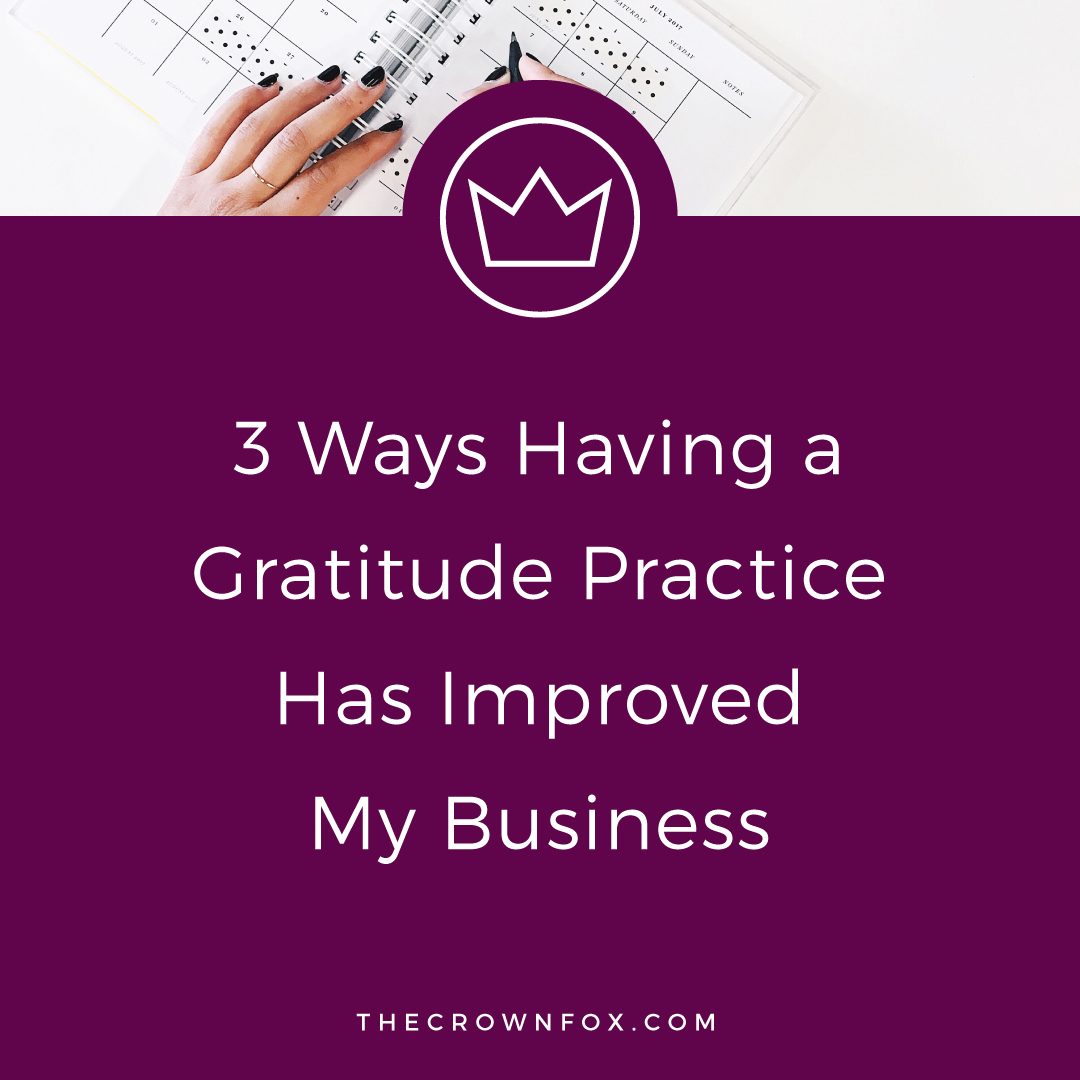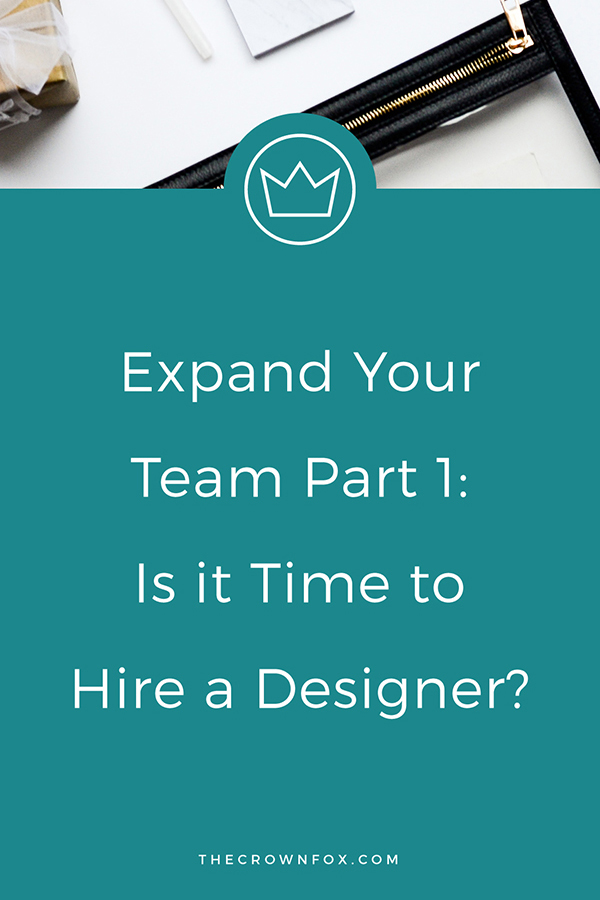Since tweaking my services to work as a design assistant I’ve been asked a handful of times… what does that even mean? What do you do? How do you work with people? The answer is pretty open ended, but it doesn’t have to be complex. Basically, think of anything and everything you create for your business that includes some sort of visual elements… I do that.
You might not think you have a lot of ‘those sorts of things’ currently in your business. I urge you to reconsider your visual impact. People remember visuals significantly more than just words (especially on social media). Having a cohesive and compelling visual impact will promote authority and reassure your audience that you are the expert. Your business will grow and your presence and impact will grow when you start bringing a more polished and professional look to the table.
Still not sure what a design assistant can do? Here are some ideas:
SOCIAL MEDIA + BLOG GRAPHICS
This is definitely the main task that I take on for clients (and luckily one of my favorites). I know there are tons of statistics about this, and I’m not one for throwing out numbers, but I did a little research for this post. According to Hubspot tweets with images are 150% more likely to be retweeted – AKA 150% more likely to spread your message (and information) to other audiences.
So, that being said, if you don’t currently have images that tie into and support your blog posts being shared on social media – you are behind! A simple blog post graphic like what is at the top of this blog post is great because it is also formatted for Pinterest and makes re-pinning and sharing this blog post significantly easier.
A design assistant can be an incredibly useful asset in this regard – creating the original template can take a few hours and requires a good eye for taking your existing “look and feel” and re-interpreting it in the required sizes for a few different social platforms. Then for each blog post you create they can tweak the template for that post specifically, format it in the different required sizes, and send it back to you or to your social media assistant to share and get circulating on different platforms.
CONTENT UPGRADES + DOWNLOADS
Now within those blog posts you hopefully are including content upgrades to help grow your email list with warm leads. Those content upgrades should showcase just how awesome you are – so the content should be stellar, but it should also LOOK amazing and easy to understand and use. Another circumstance where a design assistant could be a great addition to your team.
Writing blog posts is a fantastic opportunity to showcase your expertise and value to your audience or potential clients, but if you really want to see business growth and success the secret lays in creating content upgrades for download associated with those blog posts. The REAL secret to that is having the content upgrades be useful, memorable, shareable, and totally impactful. A key component in that is how good do they look? How well is the information showcased? How easy it is to use and better yet, will people do something awesome like post an Instagram of them using the upgrade? How fantastic would THAT be?
Well, if you take the time to develop all this content you better believe you should be making sure they look amazing – and that’s where a design assistant can come into play. You might have the best information in the world, but if no one looks at it or uses it, then what does it matter?
COURSE + RETREAT MATERIALS
Another task that a design assistant can take on is polishing your course and/or retreat materials. These days it seems like you have to have a course or summit or retreat going on in your business – which is amazing and super exciting! But having these high value facets of your business NOT look polished and designed well is a huge error.
A design assistant on your team can take your existing branding and interpret it in a multitude of ways to cover your latest course or retreat. That way it still ‘looks’ like you, but it also reads as a separate exciting project and part of your business.
Not focusing on having these elements feel professional and high end can lose you sales. I definitely would be more likely to buy something that felt like the business owner put time and energy into making it high quality and perfect. It’s hard to ensure the course or retreat content is going to be worth the price, but having a professional and visually appealing look can set the groundwork of trust and reliability.
CLIENT FACING COLLATERAL
An element that a lot of business owners will forget to hand off is their actual client facing collateral – such as onboarding documents, welcome packets, etc. We focus so much on what is super external (social media, etc.) but forget that our actual clients deserve to an outstanding experience with our business – starting with clean and easy to understand visuals.
If you don’t have client onboarding in place yet, that is something I would also take time to focus on. Think about all the information you need and want someone you work with to have and understand. Let your design assistant take that information and create a visual experience for clients. It can be a workbook or a series of worksheets sent out separately. This will only boost your client’s experience and therefore your reputation as being an organized, efficient, and easy to work with business owner.
WEBSITE UPDATES/TWEAKS
Another part of my day to day involves small website updates and tweaks. I don’t offer full developing services, or anything extreme that is better suited for a developer, but I can go behind the scenes and help update press pages or featured in banners. I can update icons or logos, as those evolve. I can tweak how your category icons look, and so on. There are small visual details that will elevate your business and help you to showcase your professionalism and expertise, and that’s what a design assistant should be helping with.
Overall there are countless tasks that you can pass off to a design assistant that can give you back so many hours per day or week to focus on your strengths and growing your empire. If you’re ready to set up a consultation and see how I can help you, click here!








Hi! I’m Kaitlyn!
I believe that you can create a life and business you love by listening to your own inner guidance system. I think there's plenty of strategies + hacks to learn and a ton of “how to” content you can consume but ultimately you are your best guide, the best guru, the best compass, and the best source of inspiration! I’m here to help you learn to trust that voice inside, step into your incredible power, and create YOUR dream business + life.
Let’s work together!